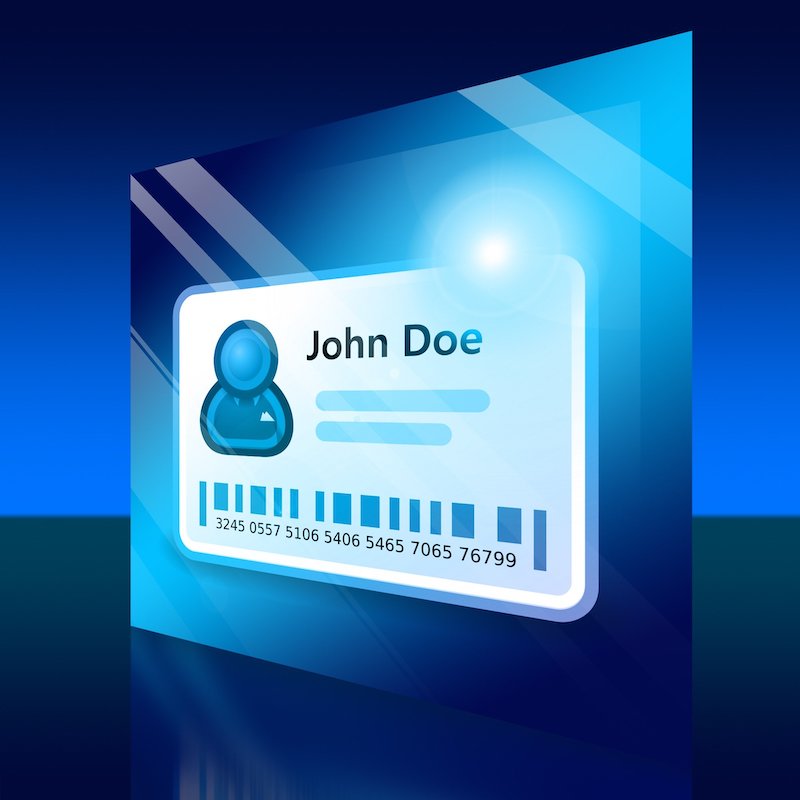The UK Government is preparing to introduce a digital ID system that would give every citizen a centralised record to prove their identity, work status, and legal rights.
The plan is being framed as a tool to modernise services and reduce illegal immigration, but critics say it risks creating a surveillance system with no clear limits.
Digital ID cards have a long and controversial history in Britain.
The last serious attempt, under Tony Blair’s government in the early 2000s, was scrapped after public outcry and concerns over privacy, data misuse, and civil liberties.
This latest version may be digital, but the principle remains the same, one ID to control access to society.
More than 1.6 million people have already signed a petition calling for the proposal to be withdrawn.
Civil liberties group Big Brother Watch has warned that digital ID could create a “checkpoint society” where access to basic services depends on government approval.
Security experts have raised alarms too.
Professor Eerke Boiten, a cyber security researcher at De Montfort University, called the plan “an enormous hacking target” and questioned how the data would be protected if systems failed or were breached.
The UK is already one of the most surveilled nations on Earth.
London has more CCTV cameras per square mile than almost any other city in the Western world.
Campaigners say this level of monitoring, combined with new protest laws, police powers, and proposals to remove physical cash is pushing Britain closer to a society based on compliance, not rights.
Historically, identity cards have often been the first step towards authoritarian control.
Under Franco, Mussolini and Hitler, citizens were registered, classified, and watched.
In Stalin’s Soviet Union and Mao’s China, identity was state property and dissent was met with silence, exile, or death.
In each case, surveillance and registration were presented as protection.
They ended in control.
Today’s digital tools make that process faster, quieter, and harder to resist.
In Scotland, concerns go further.
The ID system would be UK-wide, linked to Home Office data and potentially mandatory for public services, employment, or renting a home.
For many, it raises the fear of being forced into a system they didn’t vote for, one that blurs identity, erodes autonomy, and extends the reach of a government increasingly centralised in London.
Opposition is building.
But if history has shown anything, it’s that once these systems are built, they rarely shrink, they grow.





